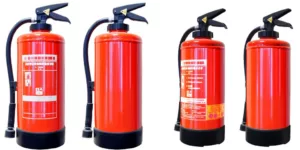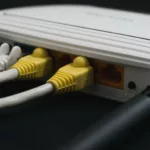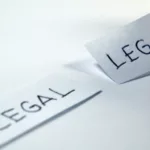Your fire protection plan for your place of business includes many elements. One that should not be overlooked is how you go about choosing the right fire extinguishers. Put these tips to good use and you can depend on those extinguishers to be ready if they are ever needed.
Pay Attention to the Ratings
Did you know that fire extinguishers come with ratings that let you know what sort of fire they are designed to handle? Typically, extinguishers may carry up to five different ratings of A, B, C, D, or F. Each of these ratings corresponds to a specific type of fire. Depending on the type of business you operate and what sort of flammable material is present, you may find that an extinguisher rated as A, B, and C may be fine. An expert can help you understand which ratings would be best for your operation.
There’s Also Numbers Involved
Along with the letter rating, there is usually a number as well. The number indicates how effective that particular extinguisher happens to be with a certain type of fire. A higher number indicates that it will provide more support if that sort of fire breaks out.
The local codes may specify minimum requirements for the extinguishers based on the combination of number and letter. You would do well to select units that are more effective than the basic regulations require.
Size is Not The Deciding Factor
You may think that bigger is better when it comes to fire extinguishers, but that’s not the case. A bigger tank does mean a greater volume of fire retarding substance, but you may or may not need more. If you choose wisely based on the type of fires most likely to occur, a smaller tank that is more manageable would be a better approach than a bulky tank that is hard to hold, aim, and discharge.
Deciding How Many To Buy
How many extinguishers do you need? A lot depends on what type of business you conduct and the layout of the facility. An office that occupies the entire floor of a building needs at least two. When you have some restricted areas, there should be at least one extinguisher in those spaces as well as in the common areas. A professional can assess the layout and the nature of the business and come up with a minimum number of extinguishers. That figure should match or exceed the safety requirements that apply to your community.
The Total Cost
When it comes to strategies for fire suppression and employee safety, cutting corners is out of the question. Even so, there is no need to pay extra when one provider offers extinguishers of the same quality and function for less. Focus on how well the units meet your needs and go with the ones that offer a better combination of efficiency and cost.
Remember that those extinguishers will need proper maintenance. Ask the seller if it’s also possible to arrange for basic monthly inspections and thorough annual checks. Doing so will ensure those units are always ready if a fire should break out.








